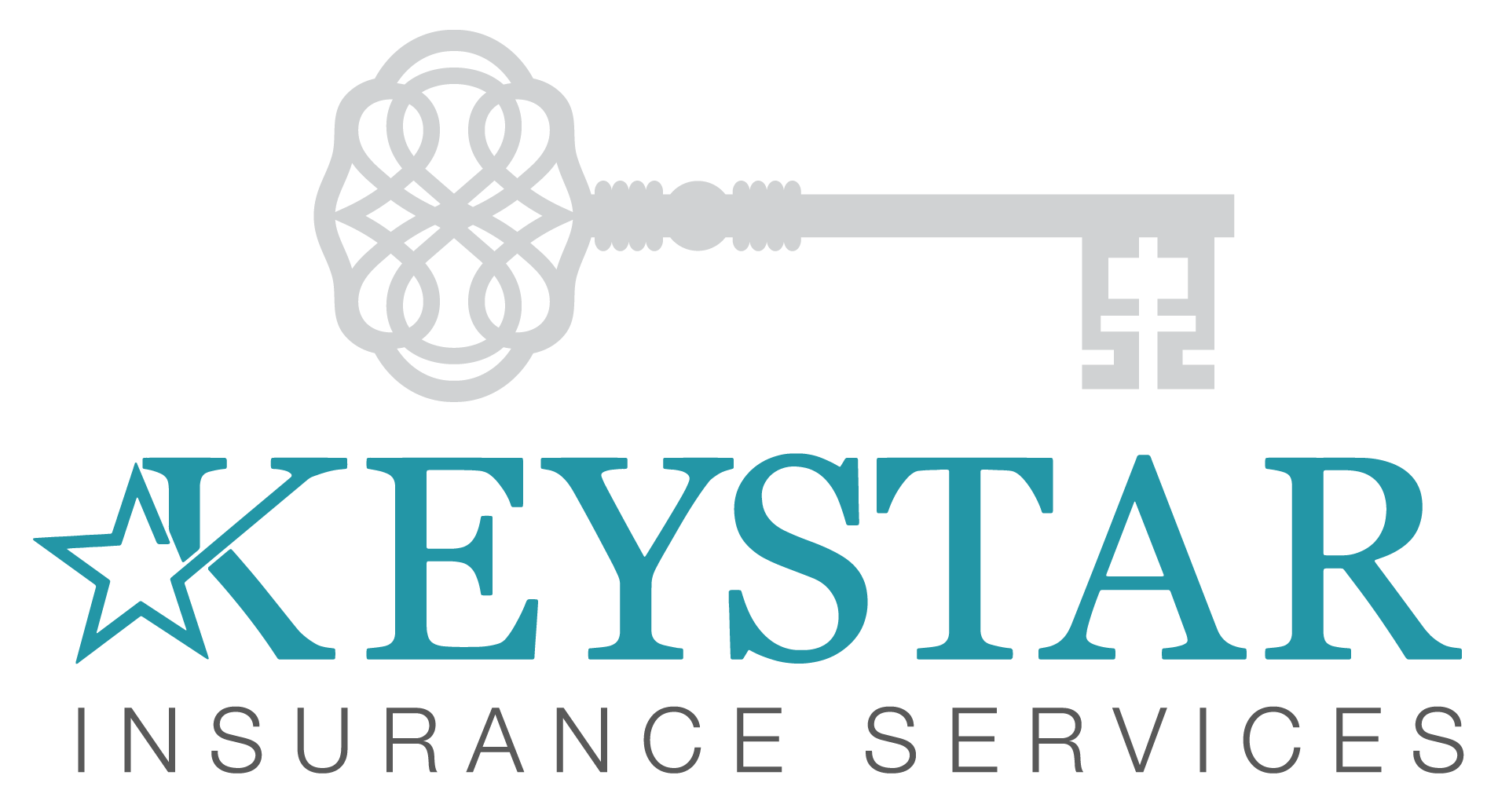

GROUP HEALTH INSURANCE
There’s more to health insurance than a simple monthly premium, our goal is to educate, support and empower business owners. Focused on helping our client partners understand and navigate the complex health care system, our methods and resources together with our extensively qualified team deliver a customized employer benefits portfolio.
We offer a full array of products and services to meet the needs of our clients. Examples include but not limited to: Large and Small Group and Individual Medical, Group Dental, Group Vision, Life and Disability Plans, Voluntary Benefits, etc.

Providing health benefits for your employees can help you attract and retain the most qualified and desirable employees and lead to a healthier, more productive workforce.
Group health insurance plans can benefit the employees who work hard for your business. Group health plans typically cost less for participants than an individual insurance plan offering the same coverage. That means your employees can get health insurance for less than the cost of individual coverage.
But the benefits of group health extend to employers, as well. Employers often receive financial incentives for offering health insurance such as tax deductions and credits. And the preventative care coverage that health insurance provides can lead to healthier employees who need less sick days #peaceofmind.
GROUP
HEALTH
INSURANCE
- The Basics
- Employer Costs
- What Does A Plan Typically Cover?
- Company Documentation Required
- Getting A Quote
- Next Steps
- 3 Questions To Ask Before Selecting A Plan
You only need a minimum of two people to start a group health insurance plan. If you have more than two employee’s you will need to have 75% participation from your full time (over 30-hours/week) employee’s to be considered. Employee’s with other group coverage through their spouse will not be counted as eligible employee’s in your 75% numbers.
As the employer you will be responsible to pay a minimum of 50% of the employee’s portion of the health insurance premium. Typically, we see premiums range from $150-$300 depending on your group age and plan chosen. This will allow you to understand the financial impact for adding the group plan to your company.
Health insurance covers most medical procedures and equipment, including doctor’s visits, prescription drugs, and surgeries.
It will not cover procedures that are deemed unnecessary for the individual, such as plastic surgery. Dental and vision plans will need to be procured separately, as most health insurance plans do not cover these two areas of health.
You will need to be able to prove you are a company with employee’s. Below is an example of some of the information the carriers will look for. Each insurance carrier has slightly different requirements.
- Payroll records, or copies of the W4’s if they are employed less than 30 days
- Proof of business: Articles of Inc., Partnership documents, Certificate of Formation, Articles of Organization, etc
- Check that is paid from the Company Bank Account with the company name
You will need to provide a census for all your companies members looking to obtain coverage. Provide your company name, company zip code, type of business or SIC code, number of eligible employee’s. We will need a list that includes the employee’s home zip code, age, sex for all employee’s, spouse and children looking to be included for coverage. This will allow us to generate quotes from our group health carriers for you to consider. We can include dental, life, long and short term disability if you are interested. This quote will give you an idea of the premiums and benefits offered for your group. The quotes usually include a best and worst case rates just to let you know the premium range. Each group is underwritten with your groups medical history and ages to determine the rates.
Select the plan you want to move forward with. We will walk you through this process. If we can get the paperwork for the employer and employee’s and all required documentation 20-days before the effective date. We will need to provide a check along with the forms to get the file processed. If the premiums do change, they will bill you for the difference.
- How Much Does the Health Insurance Plan Cost? The biggest concern around choosing health insurance plans tends to be the cost, both for employees and for your business. Your company can go with a low-deductible, high-premium plan, which ensures that out-of-pocket costs are low. These high premium plans may be expensive upfront for either the employee or the company, depending on how much the company chooses to contribute toward premium. You can also go with high-deductible, low-premium plan, which ensures that the upfront premiums costs are much lower.
When evaluating different plans, look for the four “metal tiers” that offer guidance on how much the health insurance covers.
- Bronze: 60% Covered; 40% deductible
- Silver: 70% Covered; 30% deductible
- Gold: 80% Covered; 20% deductible
- Platinum: 90% Covered; 10% deductible
- What Does the Plan Cover?
Most plans will cover the following, at the minimum:
- Outpatient care: Treatment without being admitted to the hospital
- Emergency room visits
- Inpatient care: Treatment you get in the hospital
- Pre- and post-natal care
- Mental health and substance use disorder services
- Prescription drugs
- Treatments for chronic conditions
- Lab tests
- Preventative services, such as vaccines
- Pediatric services
- What About Networks of Doctors? Before selecting a plan, always look at the network of doctors. Health Maintenance Organizations (HMOs) require employees to only visit approved doctors and often times require employees to get approval to see another doctor. These tend to be cheaper than the Preferred Provider Organization (PPO), for example, which lets employees choose their own doctor.
Under 50 Employees
Are you a small business just getting started with a small team? Considering a group health policy is typically the first thing to consider to keep your key personnel.
Important issues to consider:
- Company articles of incorporation
- Company contribution rules
- Employee participation rate
- Insurance company select
- Offerings- HMO, PPO, HSAs
50 – 100 Employees
Are you the owner, CFO, HR manager, sales person and bookkeeper? It is very common for owners of companies this size to wear many different hats and have overwhelming responsibilities. Did you know businesses with less than 100 employees pay about 18% more on average than large firms for their employee’s insurance benefits?
Benefits are now becoming a core business expense and confusing part of your responsibilities. We are here to answer all those burning questions and guide you the most beneficial plan for you.
100+ Employees
Unlike the traditional brokerage model, we can act as the single point-of-contact that advises and services you, while bringing a host of experts to your account that can expertly and efficiently manage all facets of your benefits plan.
This allows us to quickly react to changing market needs and provide support services for your employees; all while focusing on proactive benefits planning versus reactive account management.
Section 125 Cafeteria Plans
Cafeteria plans, sometimes referred to as Section 125 because of the tax code where the law is spelled out, are a way for employers to use pretax earnings to cover qualified healthcare expenses. These type of plans are appealing to employees because it offers them a greater level of choice in determining their own benefits (think choosing from food selections at a cafeteria). For business owners, a cafeteria plan can be a good way to reduce taxes and payroll expenses.
A qualified section 125 plan must give employees a choice between a taxable and nontaxable benefit option. Businesses that offer a cafeteria plan to their employees allow them to make their own choices about group health plans, health savings accounts, life insurance and long-term care.
Flex spending accounts are one of the more popular benefit choices that fall under the umbrella of section 125.
CONTACT US
Our unique approach through managed strategic partnerships allows us to provide expertise in:
- Cafeteria Plan Administration
- Strategic HR Benefits Management through Auditing, Reporting, and Grievance Resolution
- Online Portal Enrollment and Portal Administration
- Compliance
- Wellness Programs
- Voluntary Enrollment Administration
Employee Benefits Consulting
Insurance Consulting for Business Owners and Human Resource Professionals: Our primary focus is to help business owners recruit, retain, and reward key employees with tailored benefit programs to fit their needs.
Goal: to optimize benefit plans through comprehensive cost containment, best pricing, regulatory compliance and superior account service, including:
- Underwriting & Insurance Analytics – Analyzing data from multiple sources to manage and negotiate plan costs.
- HR Services – Administration platforms, call centers and service calendars to ease administrative burdens.
- Population Health Management – Plan design, disease management analysis and aligned incentives to improve health.
- Compliance/Healthcare Reform – Tools, expert guidance, and policies to promote compliance with federal and state regulations.
- Healthcare Cost Management – Options for members to make more efficient care decisions without sacrificing quality.
- Pharmacy Benefit Consulting – Solutions to increase transparency and minimize pharmacy costs.
- Ancillary Benefit Consulting – Competitive marketing and scoring to drive results for other benefit services.
Health Maintenance Organization (HMO): HMO plans offer affordable, comprehensive health coverage with relatively low out-of-pocket costs, but most care must be done in-network to avoid additional costs.
- Each member selects an in-network Primary Care Physician (PCP)
- Referrals from your PCP are often required to see a specialist
- Out-of-pocket costs are predictable and often limited to low annual deductibles and co-payments for doctor visits and other covered services
- The number of providers in the HMO network varies by location
Preferred Provider Organization (PPO): While premiums are often higher for a PPO than for an HMO plan, PPOs typically offer larger networks and will give you more flexibility.
- Members don’t have to choose a PCP
- Members don’t need a referral to see a Specialist
- Members can choose any doctor or hospital regardless of whether the provider is in the plan’s network (costs may increase for out-of-network care)
- Out-of-pocket costs may include annual deductibles, co-payments, and coinsurance for covered services
Point of Service Plan (POS): A POS health plan is a hybrid, containing features of PPOs and HMOs. POS plan premiums are often mid-range between HMO and PPO plans. However, POS network size varies by location.
Let us know how we can assist with all of your insurance needs!

